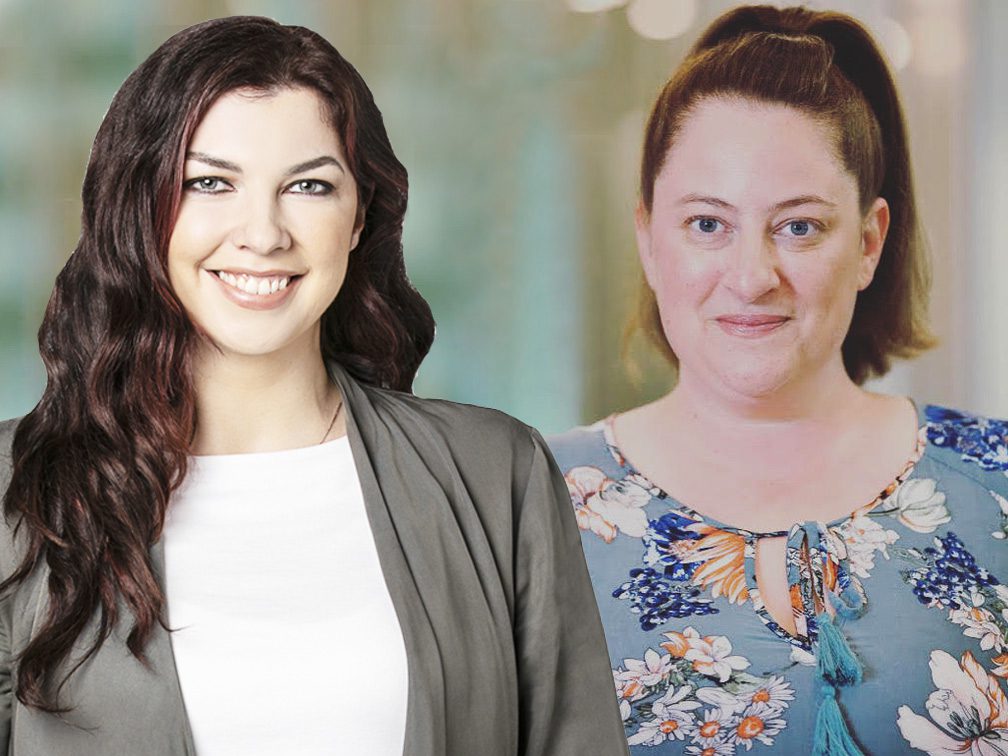What Lizard Centre’s behavioural support therapist do & why they love their jobs

At Lizard Centre, our Behaviour Therapists positively influence the future of children with autism and their families. A Behaviour Therapist will implement high-quality Applied Behaviour Analysis (ABA) sessions in a one-on-one or group environment in a child’s home, school or at the Lizard Centre.
The training is varied and based on the needs of the child. It includes structured and naturalistic teaching, as well as collecting, recording, and graphing all data as advised by the Behaviour Support Specialist while implementing Behaviour Support Plans.
What is the role of a behaviour therapist?
Establish a therapeutic rapport
The first that a behaviour therapist will take is to establish a therapeutic rapport with the child. This simply means that the therapist will put a lot of effort into finding out what items and activities really motivate the child and ensure that these fun elements are incorporated at the outset and during therapy sessions. This is an ongoing goal of a behaviour therapist as it is necessary for the child to feel happy and engaged with the therapist before learning can take place.
Record data on short and long-term goals
ABA places a strong emphasis on measurable goals. It is a scientific approach that seeks to understand the ‘why’ behind behaviours of concern once the Behaviour Support Specialist (along with the child’s family) identifies the most important behaviour of concern to address, the behaviour therapist will then work with the child they are supporting, and caregivers, to teach new skills to reach their goals.
Conduct therapy sessions
At Lizard Centre, our behavioural therapists commit to planning and conducting individual therapy sessions. Behavioural therapists will teach skills across a range of domains, for example, communication, listener skills, tolerating changes in their environment and social skills. The targeted skills to teach will look different across each and every child which ensures variety in the therapist’s day-to-day work.
Engage with families of those we support
Ongoing communication with family members and caregivers is critical to the behaviour therapist’s work. The child needs ongoing support from family members, and the behaviour therapist and the family are a “team” that is most effective when collaborating on the best approach to care. The behaviour therapist can also communicate with other behaviour therapists on their teams via the ‘Comms’ section on DIGI. DIGI is Lizard Centres custom built digital data collection system.
Track and encourage growth
When providing behaviour support for children, our therapists will use data recorded from therapy sessions to track the individual progress and evolve treatment strategies to accommodate these changes.
Our rigorous and proven approach to behaviour support means we have a meaningful impact on every child that we work with a keen focus on teaching skills that matter to the child and their family. Our behaviour therapists derive incredible job satisfaction from what they do.
We’re hiring! At Lizard Centre, we are always searching for people to join our clinical team. If you have a passion for behaviour support, and believe you have what it takes to join our team at Lizard Centre, apply online today.
Published On : November 1, 2022
Read more
Published On : November 22, 2022
The Lizard Centre is absolutely thrilled to announce the launch of its Clinical Excellence Innovation & Research Committee.
Published On : November 23, 2022
The Lizard Centre has recently become an NDIS registered provider to deliver specialist behaviour support, or positive behaviour support services for children who display behaviours of concern.


